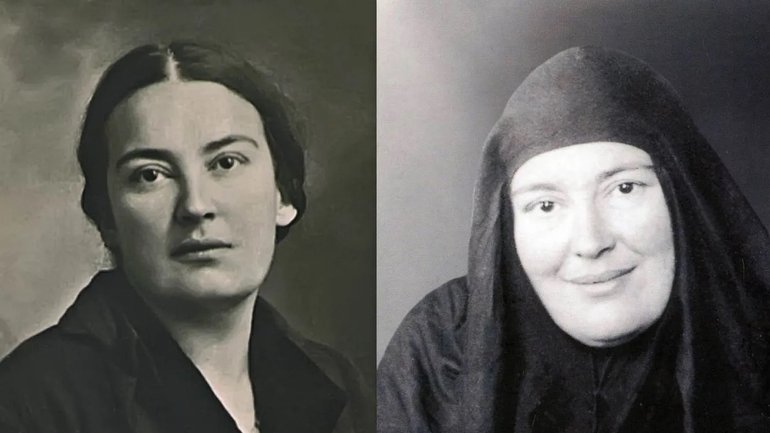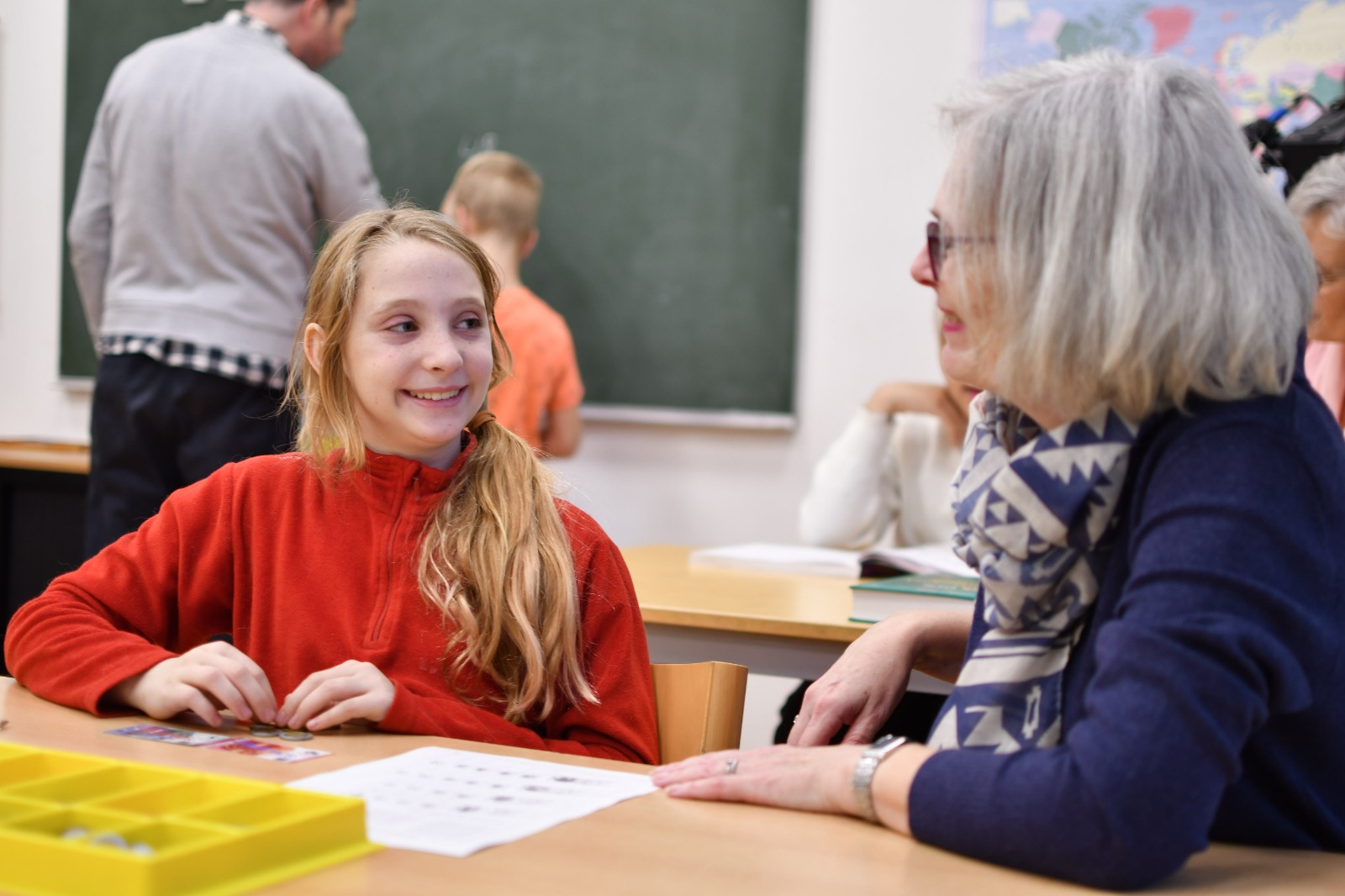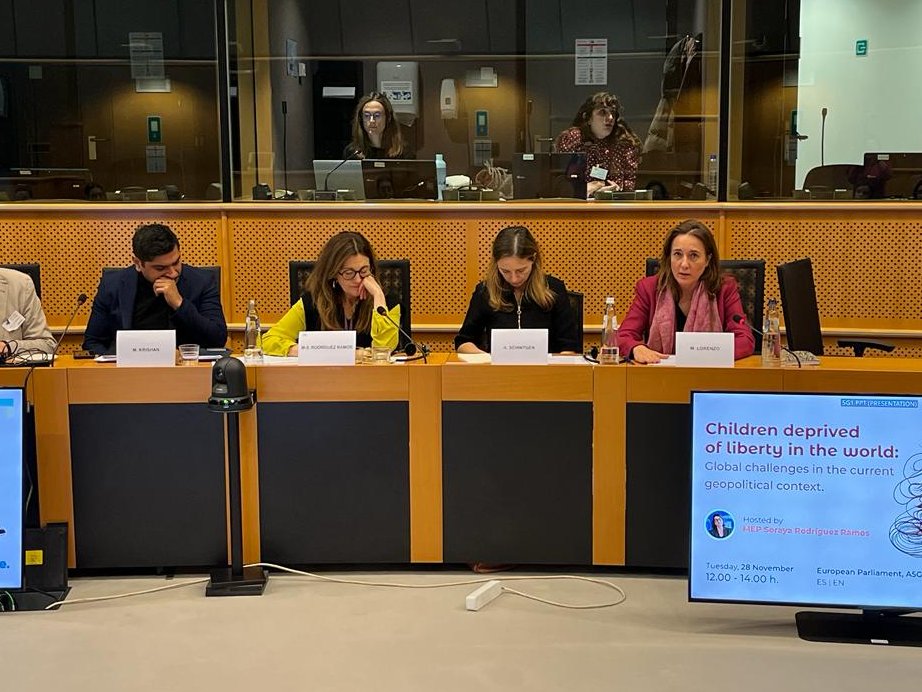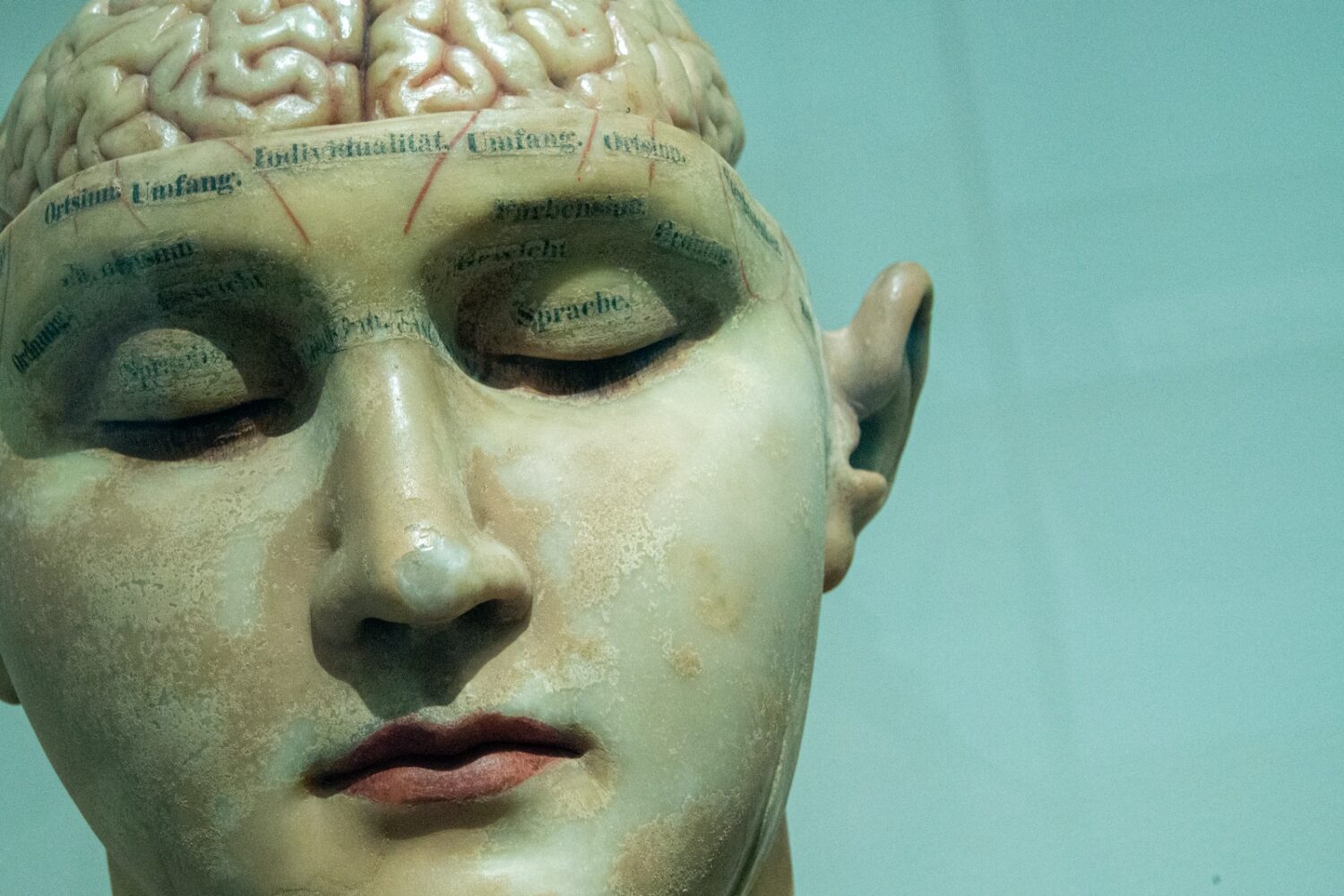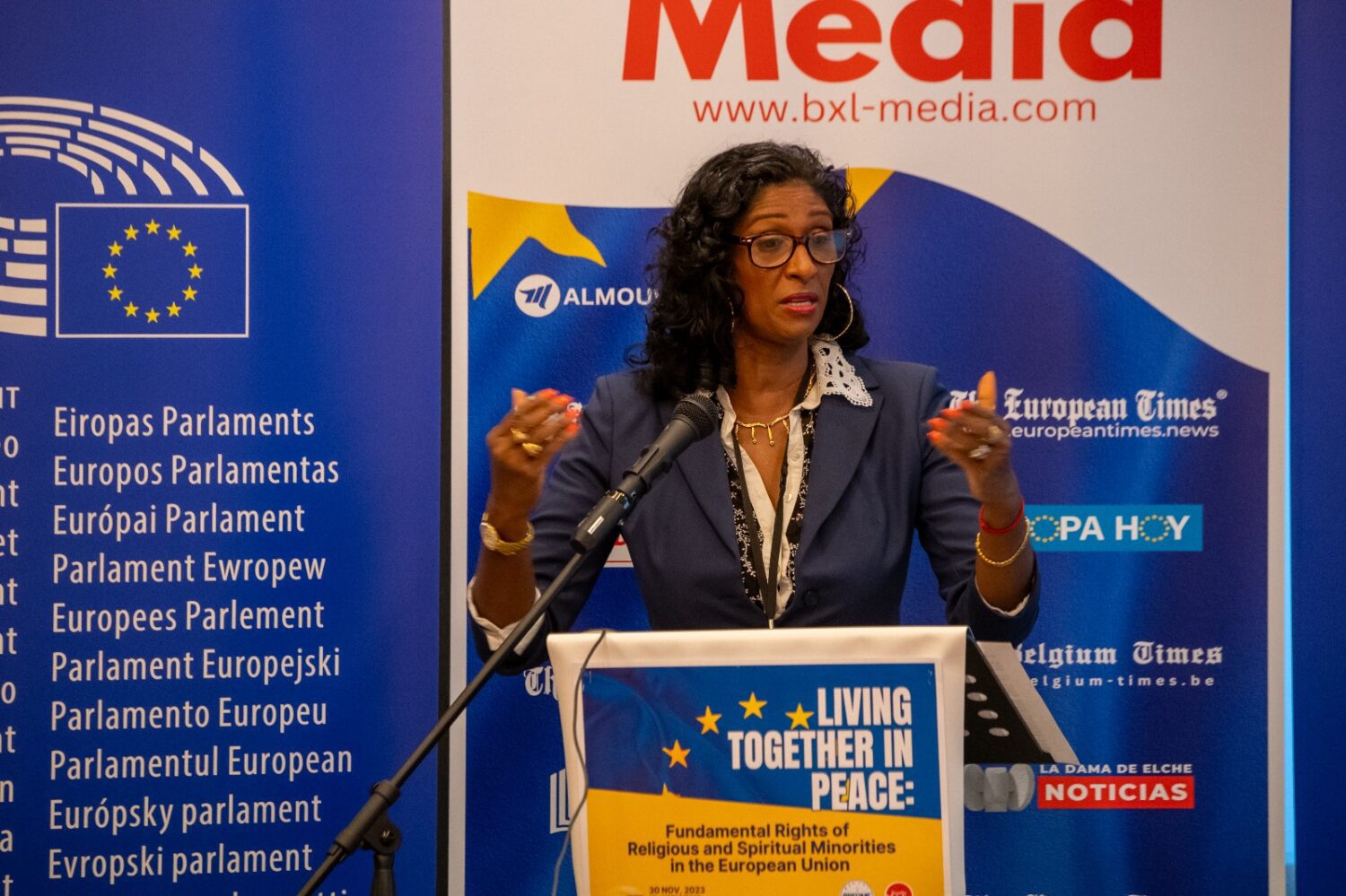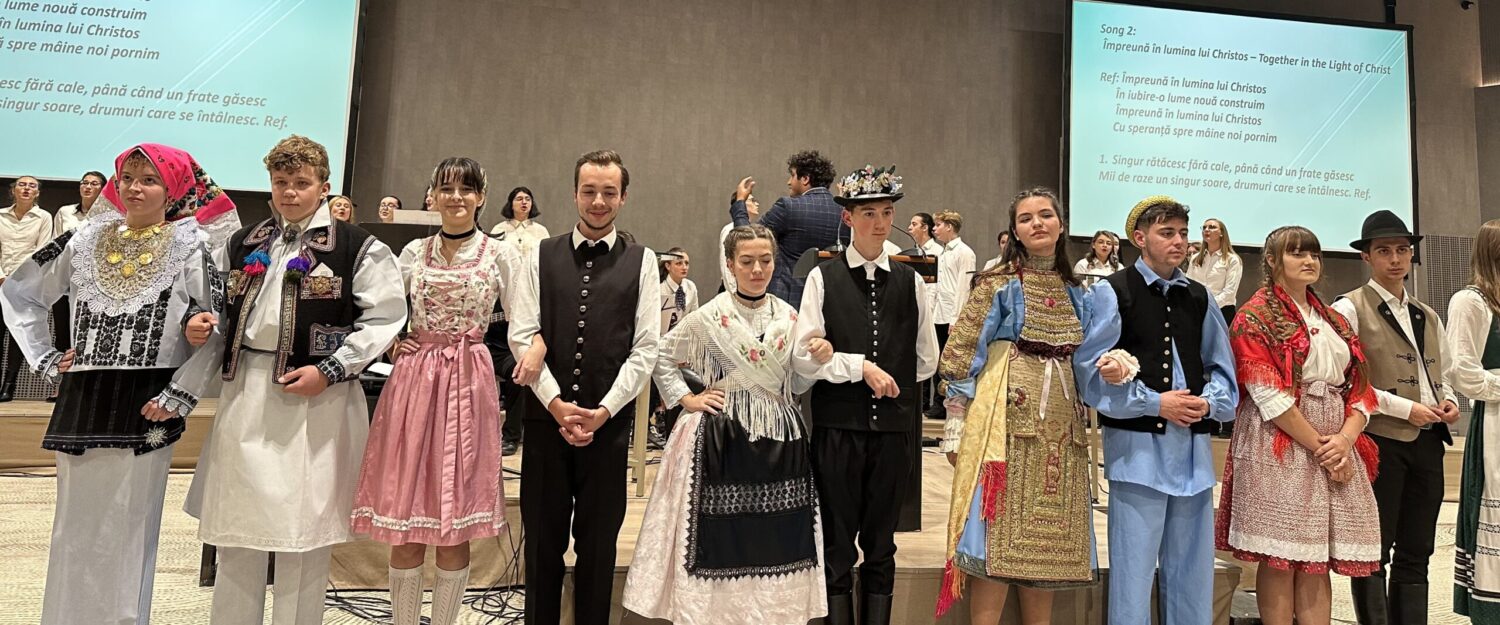By Sergiy Shumilo
A characteristic feature of imperial culture is the absorption of the spiritual, intellectual and creative forces and heritage of conquered peoples. Ukraine is no exception. Take away from the culture of the Russian Empire this Ukrainian contribution, and it will cease to be as “majestic” and “worldly” as it is usually perceived.
Denationalization, the blurring of national consciousness and identity, is a characteristic phenomenon among conquered peoples within the borders of any empire. The Russian Empire for centuries followed this path of general unification, in which there was no place for a separate Ukrainian nation and culture. Instead, a “united Russian people” was to emerge.
Entire generations of Ukrainians have been brought up under the influence of such narratives. In the conditions of losing their own Ukrainian statehood, without prospects for self-realization and career growth in the colonized, divided and devastated by endless wars homeland, many young, educated and ambitious Ukrainians are forced to seek a better destiny in the capital and in the space of the empire , in which there was a demand for educated personnel. Under such circumstances, they were forced to devote their energies and talents to the development of the culture of a foreign empire.
In the Moscow kingdom in the 16th and the first half of the 17th centuries, before the Ukrainian creative and intellectual injection, local culture was a rather unremarkable phenomenon. However, from the second half of the 17th century, many educated Ukrainians contributed to the educational mission (the so-called “Kyiv-Mohyla expansion”) in Muscovy. Under the influence of the people of Kyiv-Mohyla and with their direct participation, education was introduced in Muscovy, educational institutions were created, new literary works were written and a large-scale church reform was carried out. A large number of Ukrainian intellectuals contributed to the creation of the new imperial culture, which, according to their design, was to be somewhat “Ukrainized”. Even in the Russian literary language from the end of the 17th – the beginning of the 18th century, certain influences of Ukrainianization began to be felt. The same thing happens in art. And church life for a long time fell under the “Little Russian influence”, against which native Muscovites began to resist.
Finding self-realization in the boundless and semi-wild expanses of the northern empire, many Ukrainians sincerely believed that in this way they glorified their own “small homeland”. There are a whole galaxy of prominent people who came from Ukraine who are considered “Russian”. This shows the whole tragedy of a captive nation, whose talented and bright representatives had no prospects in their own homeland, absorbed by the empire and artificially turned into a deaf province. They were often forced to give their genius and talents to the foreign country and culture, and very often they had no other choice. At the same time, under the influence of imperial education, they often lost their own national roots and identity.
This tragedy is most clearly manifested in the fate and work of the Russian-speaking Ukrainian writer Mykola Gogol (1809-1852). But many other prominent figures of culture, religion and science in the Russian Empire in the 18-19 centuries were forced to experience this internal division and contradiction between their own Ukrainian origin and the imperial unified education, which denied the very right to be Ukrainian. Here we can list many names – from prominent church hierarchs, to philosophers, artists and scientists. Imperial propaganda worked hard to present them to the world as “Russians”, when in reality they were Ukrainians. Numerous students and teachers of the Kiev-Mohyla Academy in the 18th century had a decisive influence on the development of education, literature and art in the empire.
The Ukrainian Grigoriy Skovoroda (1722-1794) influenced the formation of a philosophical school in the empire as such, and Paisiy Velichkovsky (1722-1794) influenced the revival and renewal of Orthodox monasticism. In the same way, Pamfil Yurkevich (1826-1874) from Poltava continued to lay the foundations of Christian Platonism and Cordocentrism in philosophy. His student was the famous Russian philosopher Vladimir Solovyov (1853-1900), who in turn was the great-great-grandson of the Ukrainian traveling philosopher Grigory Skovoroda. Even the writer Fyodor Dostoevsky (1821-1881) has Ukrainian roots, whose grandfather Andrei Dostoevsky was a Ukrainian priest from Volyn and signed in Ukrainian. The outstanding composer Pyotr Tchaikovsky (1840-1893), the painter Ilya Repin (1844-1930), the inventor of the helicopter Igor Sikorsky (1889-1972), the founder of practical cosmonautics Sergey Korolev (1906-1966), the singer and composer Alexander Vertinsky (1889- 1957), the poet Anna Akhmatova (her real name is Gorenko, 1889-1966), the ballet master Serge Lifar (1905-1986) also have Ukrainian roots. The famous pholosophers and theologians were also natives of Ukraine: Fr. prot. George Florovski (1893-1979), Fr. protoprezv. Vasily Zenkovski (1881-1962), Nikolay Berdyaev (1874-1948) and many others. etc.
Knowing about the world fame and recognition, little attention is paid to the country of origin and roots of these prominent personalities. Usually, biographers limit themselves to a brief mention that they were born in the Russian Empire or the USSR, without specifying that this was actually Ukraine, which at the time was under Russian rule. At the same time, in the life of every person, the environment in which he was born and raised is important in the formation of character, consciousness and attitudes. Undoubtedly, the mental, cultural and spiritual characteristics of the Ukrainian people, their traditions and heritage have in one way or another left their influence on those who were born or lived in Ukraine. This aspect is important to keep in mind when it comes to the phenomenon or genius of a certain personality.
Here, as an example, I would like to mention the famous “French” saint Maria (Skobtsova) of Paris (1891-1945) – Orthodox nun of the Patriarchate of Constantinople, poet, writer, participant in the French Resistance, saved Jewish children from the Holocaust and was executed by the Nazis in the gas chamber of the Ravensbrück concentration camp on March 31, 1945.
In 1985, the Yad Vashem memorial center posthumously honored her with the title of “Righteous One of the World”, and in 2004, the Ecumenical Patriarchate of Constantinople canonized her as the Venerable Martyr Mary of Paris. At the same time, the Roman Catholic Archbishop of Paris, Cardinal Jean-Marie Lustiger noted that the Roman Catholic Church will also honor Mother Mary as the holy martyr and patron saint of France. On March 31, 2016, the inauguration ceremony of Mother Maria Skobtsova Street was held in Paris, which is adjacent to Lourmel Street in the Fifteenth arrondissement, where Mother Maria lived and worked. On the sign under the name of the new street is written in French: “Mother Maria Skobtsova Street: 1891-1945. Russian poetess and artist. Orthodox nun. A member of the Resistance. Killed at Ravensbrück.’
The French are proud of this name. However, few people pay attention to the fact that mother Maria was Ukrainian by birth. Everyone is misled by her purely Russian surname Skobtsova. However, it is actually the last name of her second husband. She was married twice, in her first marriage she bore the surname Kuzmina-Karavaeva, and in her second marriage she married the prominent figure of the Kuban Cossack movement Skobtsov, with whom she later separated and accepted monasticism.
As a girl, Maria bore the surname Pilenko and belonged to the famous Ukrainian old Cossack family of Pilenko, whose representatives are descendants of the Zaporozhian Cossacks. Her grandfather Dmytro Vasilievich Pilenko (1830-1895) was born in southern Ukraine, was the chief of staff of the Kuban Cossack army and the head of the Black Sea region. Her great-grandfather Vasily Vasilievich Pilenko was born in Poltava region (Poltava region), was an engineer at the Luhansk foundry and head of coal mining in Lisichansk, first discovered iron ore deposits in Kryvyi Rih, and later was head of salt mining in Crimea . Her great-great-grandfather, Vasil Pilenko, was a soldier and regimental standard-bearer of the Persozinkovo Hundred of the Hadiach Cossack Regiment, and later received the rank of second major, and in 1788 was appointed treasurer of the Zinkovo District in the Poltava Region. He died in 1794. Vasil Pilenko’s father also served in the Pervozinkovo Hundred of the Hadiach Regiment, and his grandfather, Mihailo Filipovich Pilenko, served in the same regiment.
The “ancestral nest” of the Pilenko Cossacks is the town of Zenkov – the centenary center of the Hadyach Cossack Regiment in the Poltava Region.
As can be seen, St. Mary of Paris is Ukrainian by birth, although she was raised in the Russian tradition. Skobtsova is her last name from her second marriage, which she later ended by accepting monasticism.
After the canonization of the martyr, she often continued to be called by the secular surname of her second husband – Skobtsova, if only to emphasize her “Russian roots”. This is how, according to a commonly accepted erroneous practice, she was even recorded in the calendar of church saints in Ukraine. In particular, the annex to the decision No. 25 of the Synod of the OCU of July 14, 2023, § 7 states: “… to add to the church calendar prpmchtsa Maria (Skobtsova) Pariska (1945) – to establish March 31 as a day for commemoration according to the New Julian calendar, on the day of her martyrdom”.
At the same time, this widespread practice has recently raised certain doubts. Although after the divorce in civil documents in France, Maria did not change her surname (at that time it was a rather complicated bureaucratic procedure), it is not quite correct to call her in a nunnery by the secular surname of her second husband. Also, saints are not usually called by a secular surname.
It would probably be more correct to call her by her maiden name Pilenko or at least the double surname Pilenko-Skobtsova, which would be more reliable from a historical and biographical point of view.
In any case, St. Mary of Paris is the successor of the glorious Ukrainian Cossack elder. And this is worth remembering both in Ukraine and in France.
In this example we see how the unifying Russian imperial influence continues to subliminally persist in our time even in other countries. Until recently, few people in the world knew and paid attention to Ukraine, its uniqueness, history and heritage. Ukrainians are perceived mainly under the influence of Russian imperial narratives as part of the “Russian world”.
The war of Russia against Ukraine, the heroic and self-sacrificing resistance of Ukrainians against Russian aggression, the desperate struggle for their own freedom, independence and identity made the world realize that people know almost nothing about Ukrainians, including those who lived among them and have become famous in various fields. These Ukrainians, even if they were Russified and brought up in a foreign tradition, remain prominent representatives of Ukraine. We have no right to renounce them and their heritage. They are also an ornament of Ukraine and its colorful and multifaceted culture, equivalent to the great cultures of other nations of the world. The filtering out of certain imperial influences in their heritage, which once arose through the appropriate upbringing in the absence of their own statehood, should return these names to the Ukrainian treasury of world culture.
Photo: Mati Maria (Pilenko-Skobtsova).
Note about the article: Shumilo, S. “Forgotten Ukrainian roots of the famous “French” saint as an example of imperial unification and denationalization” (Шумило, С. „Забытые украинские корни известной „французской“ святой как пример имперской унификации и денационализации“ (Религиозно-информационная служба Украины)– on the page risu.ua (Religious Information Service of Ukraine).
Note about the author: Sergey Shumilo, Candidate of Historical Sciences, Doctor of Theology, Director of the International Institute of Athos Heritage, Research Fellow at the University of Exeter (UK), Honored Worker of Culture of Ukraine.



